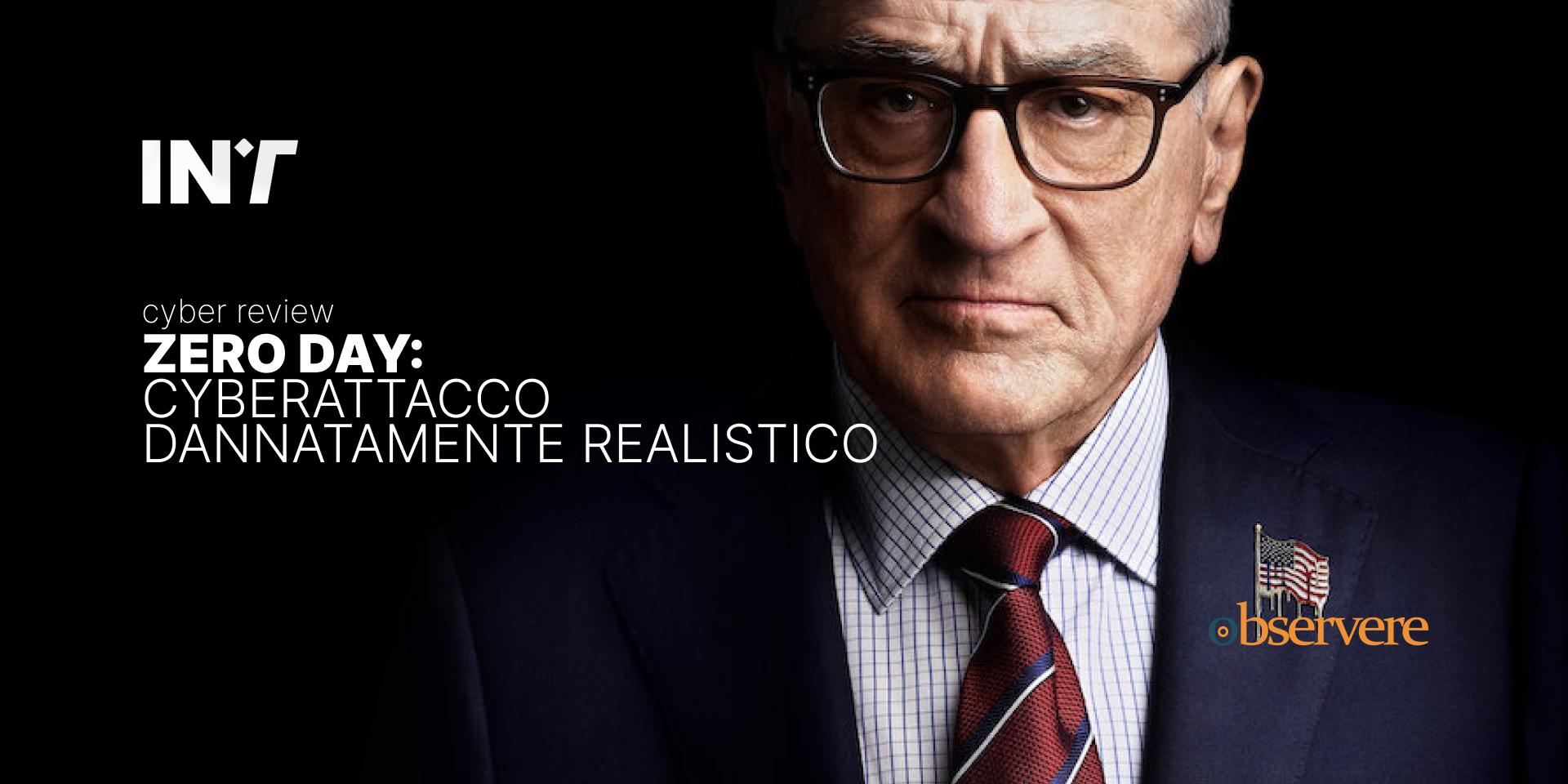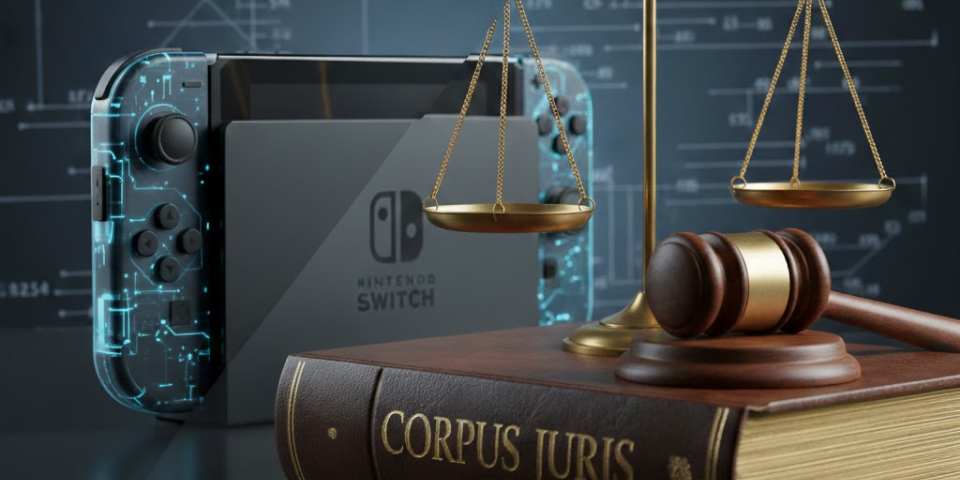The new Netflix series, “Zero Day”, is quickly conquering the top positions among the most watched in Italy for the month of February.
The episodes star a Robert De Niro in great dust, in the shoes of George Mullen, former president of the United States recalled to investigate a devastating cyber attack that has brought the nation to its knees.
In the course of the investigation, Mullen will discover a complex network of deceit and conspiracies that threaten national security while also providing very current food for thought.
Zero Day – Cybersecurity
The title of the series, “Zero Day,” refers to a key concept in cybersecurity.
A zero-day vulnerability is a security flaw in software unknown to developers and for which there is no patch or solution yet.
A hacker who needs to identify one of these unknown vulnerabilities could exploit it to execute particularly dangerous cyber attacks before the vulnerability is detected and corrected.
In the series, the zero-day attack represents a sudden and devastating threat, which highlights the vulnerability of modern infrastructures in the face of unknown security flaws and makes concrete before the eyes of the viewer the generally impalpable and little-publicized threat of cyber attacks.
Compared to the reality of cybersecurity, the narrative extremes the concept of zero-day to increase tension and sense of danger.
The vulnerabilities exploited by mysterious attackers are not only numerous, but they involve extremely different systems and programs, suggesting a very high level of sophistication currently little concretizable but nevertheless plausible. The sci-fi focus is on this extreme complexity plausible to support the architecture of the story, creating an intricate web of dangers that keeps the narrative pace high.
In the real world, zero-day vulnerabilities still pose a serious threat to cybersecurity. For example, in the February 2025 Patch Tuesday, Microsoft patched four zero-day vulnerabilities, two of which are already actively exploited on the network.
Also in February 2025, Apple released an urgent update for iOS, blocking a type of attack that allowed to extract data and unlock devices.
Another significant example dates back to November 2024, when Apple released emergency patches to fix two zero-day vulnerabilities in Intel-based Mac systems.
The flaws, present in the components macOS Sequoia JavaScriptCore and WebKit, were already used in targeted attacks.
“Zero Day” not only offers a compelling and suspense-filled storyline, but also draws attention to the importance of cybersecurity and the need for constant vigilance to protect systems from unknown threats.
The series invites viewers to reflect on the implications of these attacks, how little is said about them or how a tendency to omit the danger they represent and the urgency of developing and using strategies or effective means of prevention also in the personal sphere.
The fact that a threat is impalpable does not necessarily mean that it cannot also affect us.
Glossary bonus:
In the miniseries we also talk about the possible involvement of so-called “nation-state actors”.
As in reality, these are groups of hackers sponsored or directly managed by national governments with the aim of conducting multiple operations, from espionage to sabotage or even cyber warfare.
These groups, often equipped with advanced resources and access to unknown zero-day vulnerabilities, are real, dangerous, persistent and self-sustaining.
Article in collaboration with Lorenzo Raimondo, Managing Director of Observere






